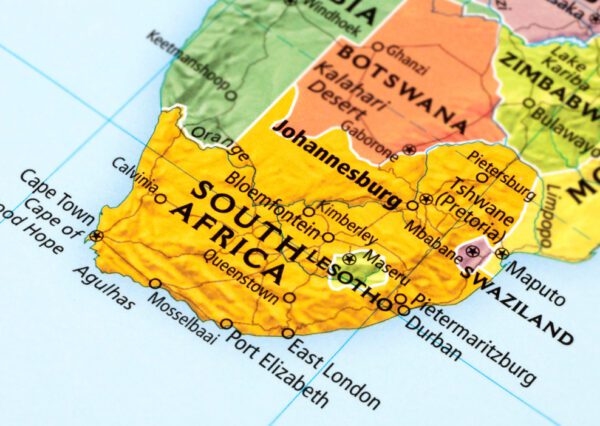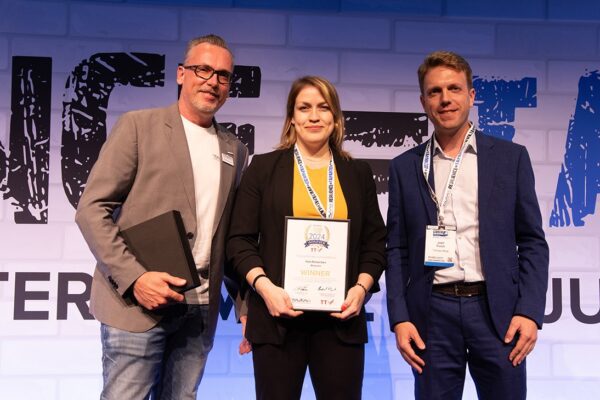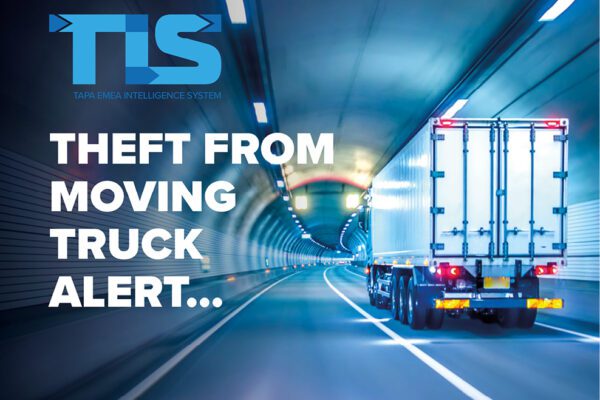
South African Supply Chains are Feeling the Heat of Unrest
South Africa’s police and army were on the streets of three provinces earlier this month after a spate of truck fires added a further security risk to the resilience of supply chains across the country.
Patrols were increased along identified high-risk routes after ‘coordinated and planned attacks’ on 21 trucks in KwaZulu-Natal, Limpopo, and Mpumalanga from 9-12 July. In each case, the trucks were set on fire, often in the middle of the highway, after armed gangs forced drivers from their vehicles.
In a press conference to ‘advise the nation of this criminal operation,’ Minister of Police, General Bheki Cele, stated: “The country’s law enforcement remains on high alert and is hard at work at preventing more attacks, but also finding these individuals or gangs of thugs hell bent in causing havoc on our roads.”
While police and the media speculated on various motives for the attacks, cargo crime is not one of the considerations because there have been no reports of goods being stolen in the ‘torching’ attacks.
General Cele called the incidents ‘economic sabotage against South Africa,’ adding: “These are not just random acts of criminality.” The action is likely to be business-related and linked to labour or service delivery disputes, continuing long running protests against the employment of foreign truck drivers by South African companies, or a repeat of 2021 unrest which called on the government to provide basic services. The fact that the latest attacks began on the second anniversary of the 2021 protests has fuelled this speculation, although a court ruling that the early release from prison of the country’s former president, Jacob Zuma, on medical parole was invalid may also have inspired a violent and disruptive response from his supporters, too.
Fortunately, no driver fatalities were recorded in these incidents.
The Minister of Police emphasised that no trucks have been targeted in ‘torching attacks’ in Free State or Gauteng provinces. Three truck fires in these provinces this month, he said, were the result of mechanical issues, a burst tyre causing a vehicle to crash, and driver error. In the three high-risk provinces, police are investigating cases of malicious damage to property, attempted murder, and armed robbery, and have so far detained three of 12 individuals suspected of involvement in the attacks.
This latest threat to the country’s supply chain resilience follows the release of police crime statistics for the first three months of 2023, which showed a -6.5% fall in recorded truck hijackings to 435 incidents in the 90 days leading up to 31 March. Cash-in-transit robberies for the same period rose 20.8% year-on-year to 64.
Massimo Carelle, TAPA EMEA’s Regional Lead African Continent, fresh back from a new monthly Anti-Hijacking Forum in Western Cape, said that while collaboration between companies, private security, SAPS (South African Police Service) and prosecutors has helped to decrease truck hijackings in some provinces, any indicators which suggest the numbers of hijackings are slowing are misleading.
“Across the whole of South Africa, overall truck hijackings are not reducing. There is also a spike in attacks on last mile delivery vehicles, such as couriers, possibly down to the massive increase in online shopping since Covid-19. SAPS’ crime statistics only show part of the problem. One of the challenges is the incorrect classification of crimes, so it is difficult to get accurate data. For instance, some courier hijackings are reported as an armed robbery if the vehicle is recovered, so that the vehicle is not taken into police custody for investigation. Over 95% of transport vehicles are recovered after the cargo is taken. The owners would rather report it as an armed robbery so that they can continue using the vehicle,” he adds.
A slight increase is also being seen in the numbers of criminal attacks on cargo facilities involving much bigger gangs of 18-20 people carrying firearms.
Massimo comments: “Businesses can still do more to protect their end-to-end supply chains. We are driving the TAPA Standards aggressively to give companies tools to build more resilience. Most companies expect the police to do more but, as in so many countries, the police are under- resourced. More companies must be proactive and start increasing their security standards. Following the TAPA EMEA Regional Conference in Johannesburg in March, we are now receiving enquiries daily, and being asked to present at forums. We now need to see this transition into more members, intelligence and Standards’ certifications.”
In March, the Association launched a new TAPA EMEA Subregional Africa Membership for companies based in Africa to attract more members, intelligence providers, and users of the TAPA Standards. Companies in Africa wishing to join TAPA EMEA should contact info@tapaemea.org


















